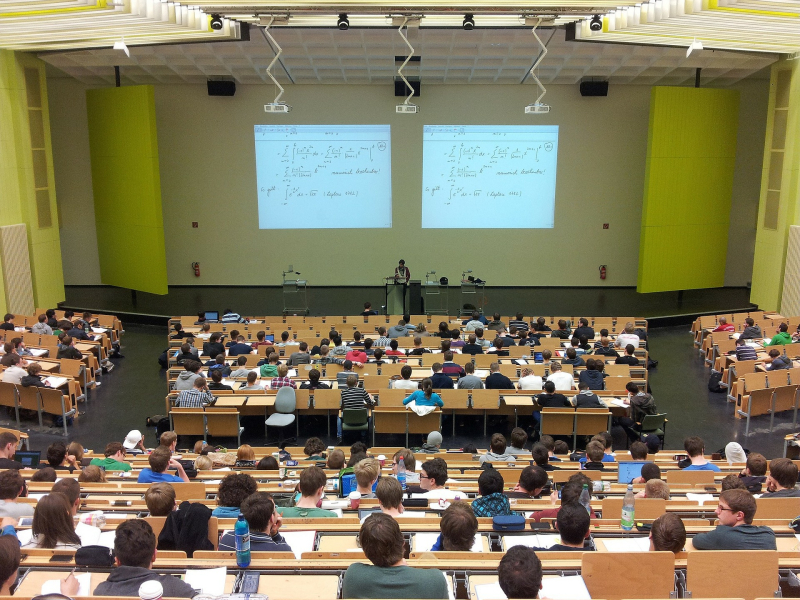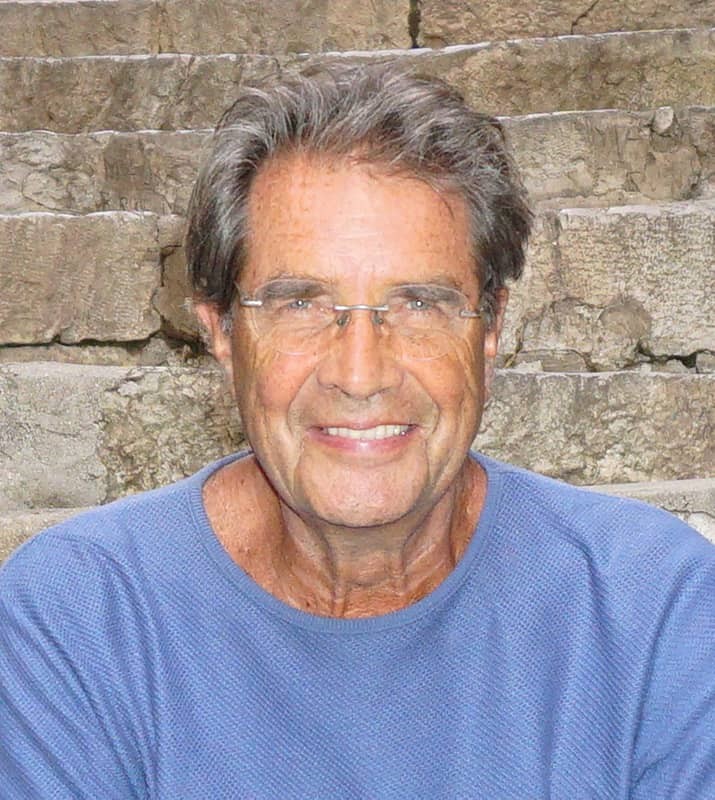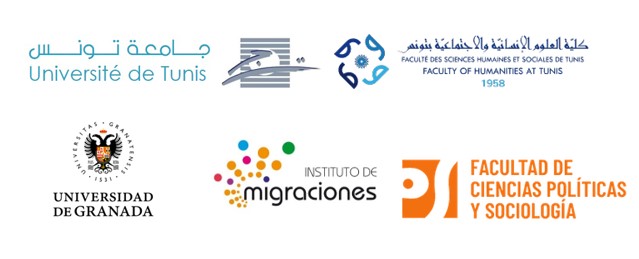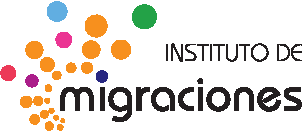
EXTENDED DEADLINE:
Extended deadline for registration and abstract submission: October 15th, 2022 (midnight CET) at the latest via @email
Coordinators:
Nieves ORTEGA-PÉREZ (Institute for Migration Research & Faculty of Political Science and Sociology, University of Granada, Spain)
Ida SAIDANI (Faculty of Humanities and Social Sciences, University of Tunis (Tunisia), & Institute for Migration Research, University of Granada, Spain)
This is an initiative of Institute for Migration Research at the University of Granada (UGR), Spain, and the English Department at the Faculty of Humanities and Social Sciences (FSHST) of the University of Tunis, in collaboration with the Faculty of Political Science and Sociology at the University of Granada and the SEJ113 Research Group on Political Science and Administration.
Call for Papers
This conference aims at bringing together researchers who are working on migration-related issues from different disciplines in the Humanities and Social Sciences including, among others, languages, philosophy, gender, cultural and regional studies, popular culture, sociology, anthropology and geography.
Human beings have been on the move, and quite often there has been a drive for that movement. Yet, what characterizes today’s migration is the different restrictions on this movement and the ‘shared’ risks they entail. Recently, migrants have been compelled to experience displacement and thus have often had to experience situations of ‘vulnerability’.
Countries of reception grapple with the challenges posed by border crossing of migrants who are, in the most cases, undocumented. This state of affairs bred a particular type of public and political discourse that is generally overtly exclusionary. By way of illustration, in May 2018, in the United States, Trump’s politicized discourse of border policy, dubbed as “zero-tolerance,” subjected anyone crossing the American border to persecution. This policy did not spare Asylum seekers and the whole world watched how this anti-immigration policy forcibly separated parents from their children.
In the European Union (EU), and because of the political upheavals that swept across the Arab countries, thousands of people left their homelands to flee political tension and weak economies in search of better opportunities and a more stable life. The number of these people rose to crescendo in the middle of the last decade. Consequently, the EU has consolidated its externalization policies (externalization started much earlier with FRONTEX created in 2004 and other agreements).
Some countries, and in times of crises, like the refugee crisis of 2016, have been transformed into both transit and sending countries. Tunisia, for instance, witnessed the arrival of an unprecedented number of Sub-Saran African migrants. Despite the goodwill of the inhabitants of towns like Ben Guerdene, Medenine and Tataouine and the work of volunteers from the region and elsewhere, social media also revealed unwelcoming and dehumanizing attitudes towards Sub-Saharan Africans in general so much so that Tunisians were confronted with their own racist slurs. While some NGOs became quite well-outspoken on public television and other media about the overt and covert social discriminatory behaviours, politicians of the time remained silent on the subject and left the issue to the care of UNDP and other organizations.
Henceforth, given the rising number of people embarking on a migration ‘project’ and the multifaceted discourses generated among migrants and the sending/host countries as they interact with each other in everyday contexts, and Tunisia is a case in point, this conference aims to develop a better understanding of migration as an age-old ‘phenomenon’ but also as a marking feature of contemporary societies. It seeks to gain insights into the discursive construction of migration at the macro and micro levels.
The conference proposes a deeper engagement with the notion of discourse and identity de/formation in the field of Migration Studies. The literary and non-literary representations of migrants’ experiences seem to construct new perceptions, narratives and maps of human (dis)location. By examining “homelessness” narratives and migration texts, it is possible to understand what migrants have experienced, rather than merely see them as figures in large-scale surveys or numbers as victims on the move.
Generally, discourse theory derives from the “linguistic turn” in the humanities and social sciences that goes back to the works of Ferdinand de Saussure, Ludwig Wittgenstein, and Michel Foucault (Rorty, 1992). Most of the approaches to discourse theory rest on the underlying premise that language and language use do not merely reflect or represent our social and mental realities but they actually help construct or constitute these realities (Karlberg, 2012).
As a current heated debate, migration has caught the attention of several discourse scholars from a variety of disciplines. While some have investigated the topic from traditional CDA perspectives, others have combined CDA with a variety of approaches in the aim of providing an enriched understanding of discourse produced in contexts of migration.
Grounded within a CDA framework, but not exclusively so, this conference seeks to contribute to the development of approaches to the field of Migration Studies. It therefore invites researchers to submit contributions focusing on (but not exclusively) the themes listed below:
- Media discourse on migration
- Migrants’ personal narratives and public discourse
- Migration discourse and power relations
- Political discourse on migration
- Migration discourse in literary texts and the arts
- Public discourse on migrant integration
- Roles of language(s), culture(s) and social networks in shaping diasporic identities
- Legal discourse on unaccompanied minors
- Gender representation in Migration Studies
- (Re)shaping research paradigms and methodologies in migration studies
Scientific Committee
- Hager Ben Driss, Preparatory Institute in Literary Studies and Humanities of Tunis, University of Tunis.
- Lanouar Ben Hafsa, Department of English, FSHST, University of Tunis.
- Faiza Derbel, Department of English, University of Manouba.
- Ángel Esteban del Campo, Department of Spanish Literature, University of Granada.
- Francisco Javier García Castaño, Department of Social and Cultural Anthropology, University of Granada.
- Nadia Hamrouni, Department of English, FSHST, University of Tunis.
- Samia Harbaoui, Department of English, FSHST, University of Tunis.
- Samira Mechri, Higher Institute of Human Sciences (ISSHT), University Tunis El Manar.
- Antonio Robles Egea, Department of Political Science and Administration, University of Granada.
- Nourchene Sadkaoui, Department of English, FSHST, University of Tunis.
- Mounir Triki, Department of English, University of Sfax.
- Hanene Zoghlami, Department of English, FSHST, University of Tunis.
Organizing Committee
- Mª Carmen Acuyo Verdejo, Department of Translation and Interpreting, University of Granada.
- Hanene Barouni, Department of English, FSHST, University of Tunis.
- Imen Boujidene, Department of English, FSHST, University of Tunis.
- Amel GUIZANI, The Higher Institute of Applied Studies in Humanities of Tunis (ISEAHT), University of Tunis.
- Afel Labben, Department of English, FSHST, University of Tunis.
- Antonio José Manjón-Cabeza Cruz, Department of Spanish Language, University of Granada.
- Victoria Rodríguez-Rico Roldán, Department of Labour and Social Security Law, University of Granada.
Conference format
The conference will be held entirely online. The academic programme will be organised in the format of panels in a given field. There will also be an open session which consists of papers that do not necessarily fit within any of the organized sessions. The programme will be very broad and multidisciplinary. Zoom links to the different panels will be provided with the final programme.
Conference registration is free and open to all. This conference will be conducted in English, with special sessions in Spanish.
How to participate
|
Participants |
Attendees |
|
Researchers should submit their 500-word abstracts in English, and the following information to @email (Subject: INTERNATIONAL ONLINE CONFERENCE 2022)
|
Attendees should apply by submitting the following information to @email (Subject: INTERNATIONAL ONLINE CONFERENCE 2022)
|
Key dates
The registration process is now open.
- Extended deadline for registration and abstract submission: October 15, 2022 (midnight CET) at the latest via @email
- Notification of participants and attendees: October 31st, 2022.
- Final academic programme will be available in early November.
- Paper proposal submission for publication: November 21st, 2022 (midnight CET)
Confirmed keynote speaker
 Teun A. van Dijk is Founding Director of the Centre of Discourse Studies, Barcelona, since 2017. He was professor of Discourse Studies at the University of Amsterdam until 2004, and at Pompeu Fabra University, Barcelona, until 2014.
Teun A. van Dijk is Founding Director of the Centre of Discourse Studies, Barcelona, since 2017. He was professor of Discourse Studies at the University of Amsterdam until 2004, and at Pompeu Fabra University, Barcelona, until 2014.
After earlier work on generative poetics, text grammar, and the psychology of text processing, his work since 1980 takes a more critical perspective and deals with discursive racism, news in the press, ideology, knowledge and context. He is the author of many articles and several books in most of these areas.
He founded six international journals, Poetics, Text (now Text & Talk), the internet journal in Spanish Discurso & Sociedad (www.dissoc.org), Discourse & Society, Discourse Studies, and Discourse & Communication, of which he still edits the latter three.
His last monographs in English are Ideology (1998), Racism and discourse in Spain and Latin America (2005), Discourse and Power (2008), Discourse and Context (2008), Society and Discourse (2009), Discourse and Knowledge (2014), Antiracist Discourse in Brazil (2020) and Antiracist Discourse (2021), many of which have been translated into Spanish and some in Portuguese.
He edited The Handbook of Discourse Analysis (4 vols, 1985), the introductory book Discourse Studies (2nd edition, 2011) the reader The Study of Discourse (5 vols., 2007), Racism at the Top (2000) (with Ruth Wodak).
Teun A. van Dijk holds three honorary doctorates, lectured widely in many countries, especially also in Latin America. With Adriana Bolivar he founded the Asociación Latinoamericana de Estudios del Discurso (ALED), in 1995.
Participant institutions

| Adjunto | Tamaño |
|---|---|
| Call for Papers (CFP)-IMDAD 2022.pdf | 276.35 KB |
